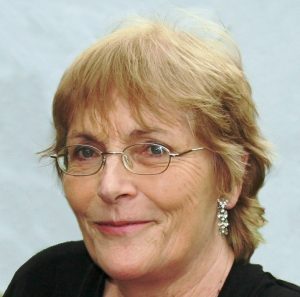Day Whatever…It’s over a month since my last blog post and the diary entries remain the same: Exercise, interspersed with the weekly shopping trip, the distribution of groceries to elderly family members, nurturing my veggie seeds and the knitting project (only one sleeve left to complete). Joe Wicks is right, endorphins are good for you.
However, firmer thighs are not the only positive improvements in recent weeks. The writing mojo is back, and it wasn’t thanks to a Charles Dickens Masterclass, or even a tutorial from Neil Gaiman, who still regularly pops into my FB feed, but a good old fashioned book. I went back to basics. I sat in my garden and I read.

With hopes of a summer holiday dashed, I took advantage of the hot sunny Easter weekend, set up the sun-lounger and devoured a serious number of pages in a relatively short space of time. So what was this marvellous book which worked its magic and reminded me of just how much I wanted to be a writer? The Strawberry Thief by Joanne Harris.
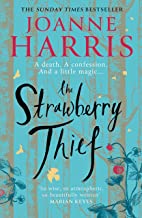
Joanne’s book Chocolat remains one of my all time favourites. The Strawberry Thief picks up the story of the same characters several years on, and just like its predecessor, it’s a book that had me captivated from the word go. It’s one of those books you want to immerse yourself in, to roll amongst the pages, which, as the story reaches its end, you want to turn slower and slower, to savour every moment, to linger, knowing you will feel bereft at leaving behind the characters whose journey you have shared.
This is what I love about writing! Creating that feeling, evoking that emotion. I want to write stories that weave their way into hearts, leaving warm glows of satisfaction, I want readers to invest in my characters, to share their hopes and fears, to cheer them on. And even if my books don’t send readers into a soaring frenzy of appreciation and rapturous exaltation, they might at least put a smile on a face.
So yes, I returned to my keyboard – determined to carry on.
At the start of lockdown Mr T’s conference calls were an unwelcome intrusion in my creativity. Now they have become my background white noise. And I’ve done more than just write, I’ve bitten the bullet and started submitting my new book (previously referred to as my WIP) to a handful of literary agents. Submitting is a laborious process and quite naturally no two agents want the same thing (why make things easy?) Every e-mail has to be hand-crafted and attachments customised. Naturally I’ve heard nothing back, which isn’t totally unexpected. I’ve been here before. I know how long these things take and this time I will be patient. I know the system. I’m older and wiser this time round. I also know publishers, and readers, want a series, a ‘brand’, so I’ve picked up where I left off, and am continuing with a half-baked sequel (the new WIP), which is now growing daily, despite the attention seeking endeavours of Ed the cat (who seems to be going through a period of lockdown neurosis) to distract me.
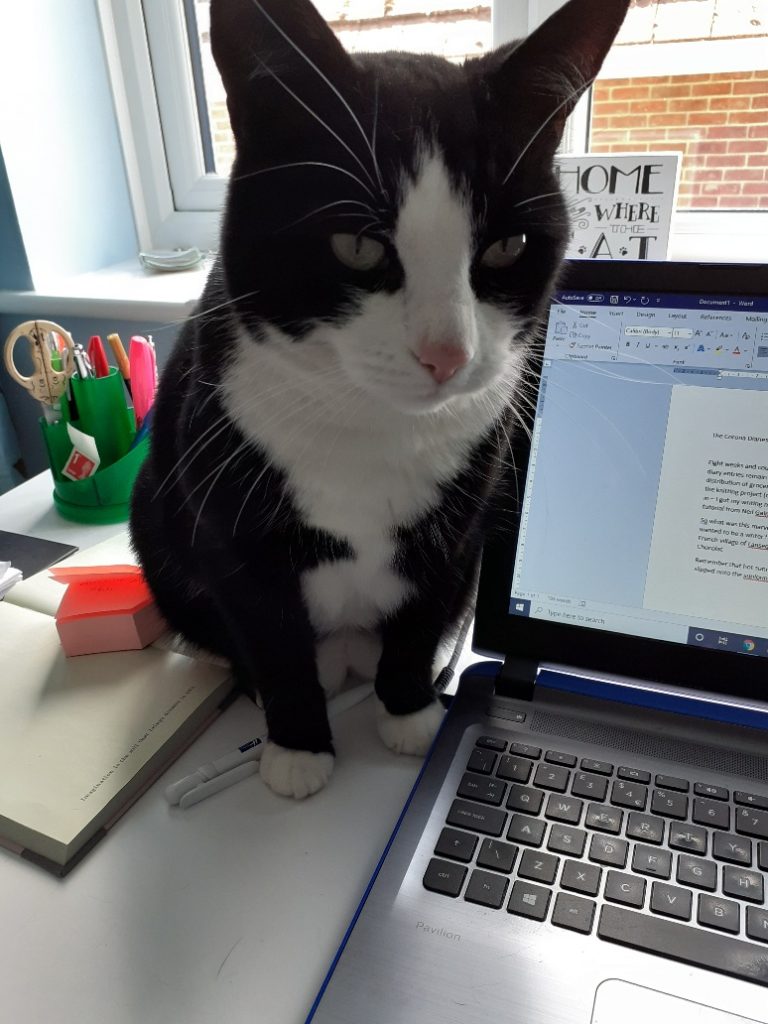
But then disaster struck! Just as that enthusiasm returned, I discovered a particularly picky 2* Review on Amazon for the Theatre of Dreams. I’m a writer, my books are out there in the big wide world and I know everyone is entitled to their opinion, but remember guys, although I’ve done my best to develop a writer’s suit of armour, that rhinoceros thick skin, every little knock still hurts! All those insecurities returned. Do I really have what it takes? Am I totally wasting my time? Why couldn’t they just keep quiet if they didn’t like it…
The last thing I need is a bad review when agents might be checking out my Amazon page (do they do that?) But then, just days later, this happened (punches air with glee!) – a review for Your Secret’s Safe With Me featuring my favourite word “immersive“:
“Sometimes I get to read a book that stays with me days after I have finished it and this is one of those books. Deeply immersive, beautifully drawn characters, and an intriguing family drama. Highly recommended.”
I know I can’t please all of the people all of the time, but I don’t have to. That’s not why I write. Some of the people, some of the time will do for me (although obviously if any literary agents are out there reading this, then of course my books will appeal to absolutely everybody…)
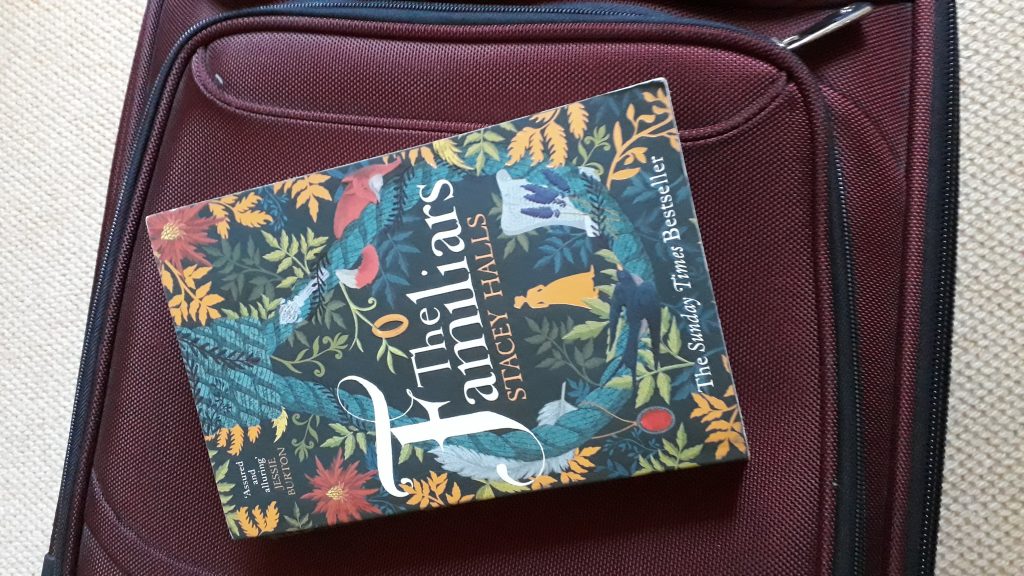
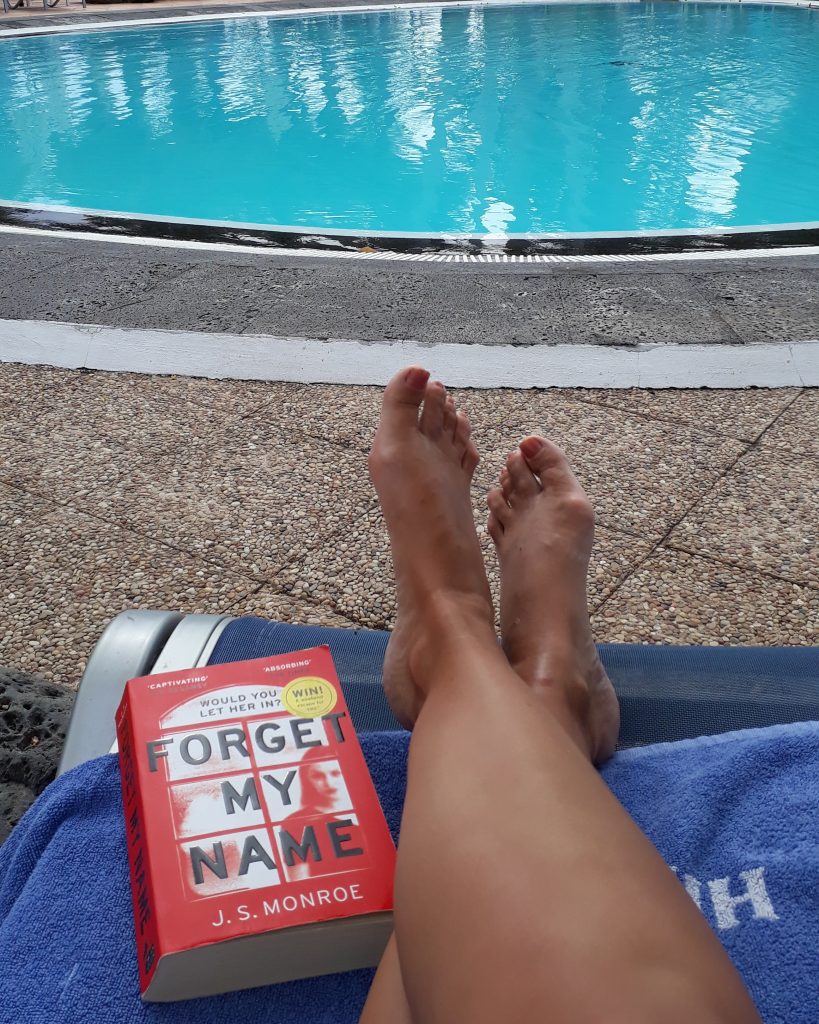
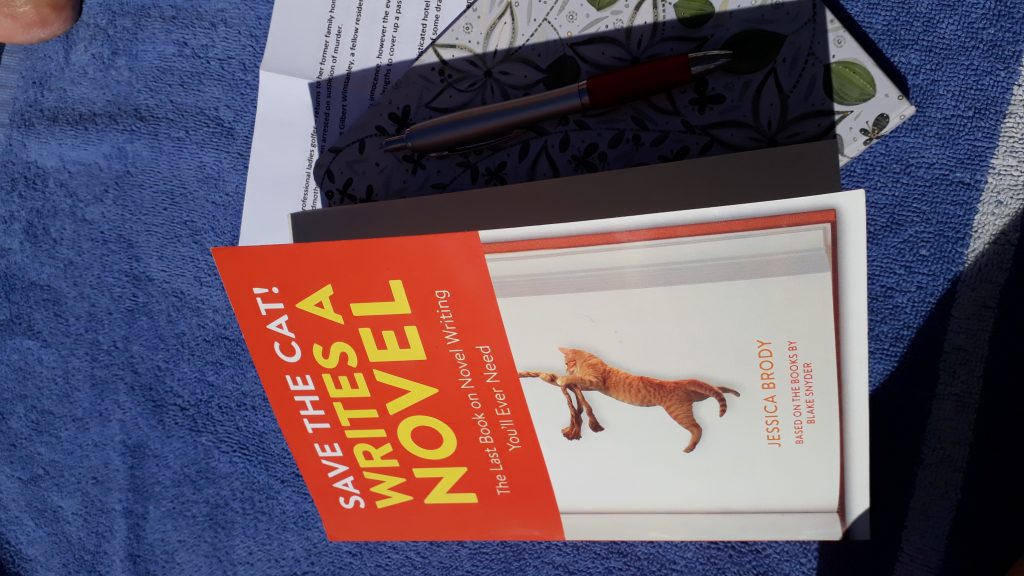
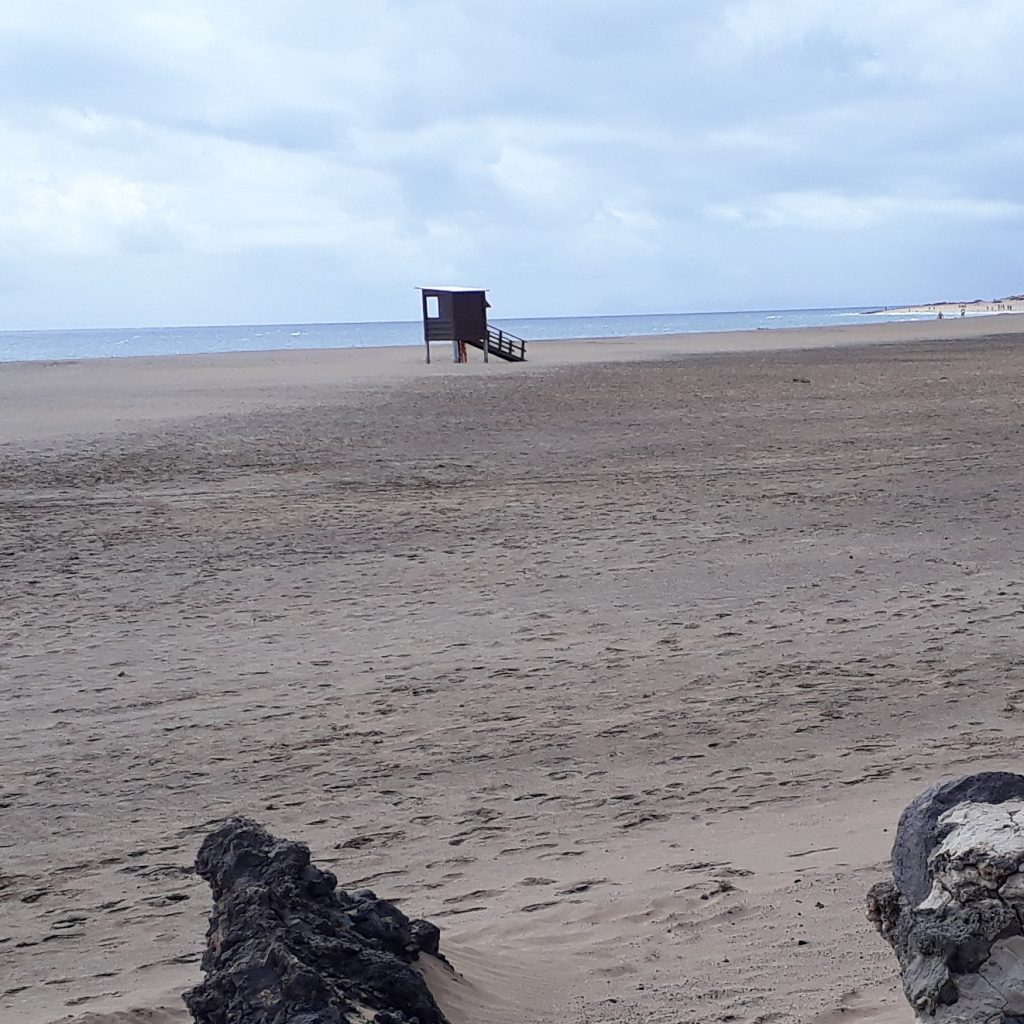
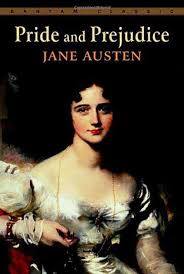


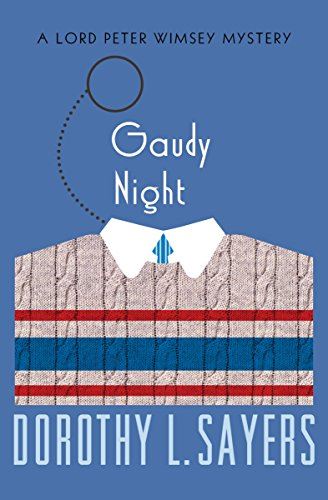
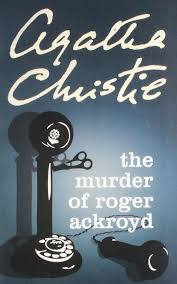


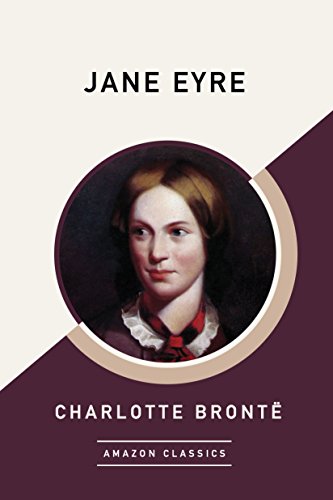
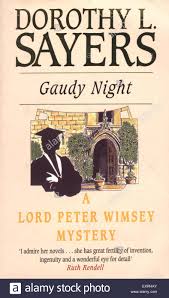
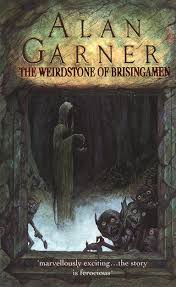
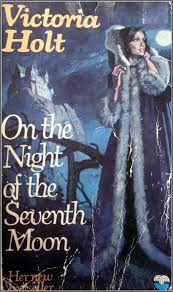

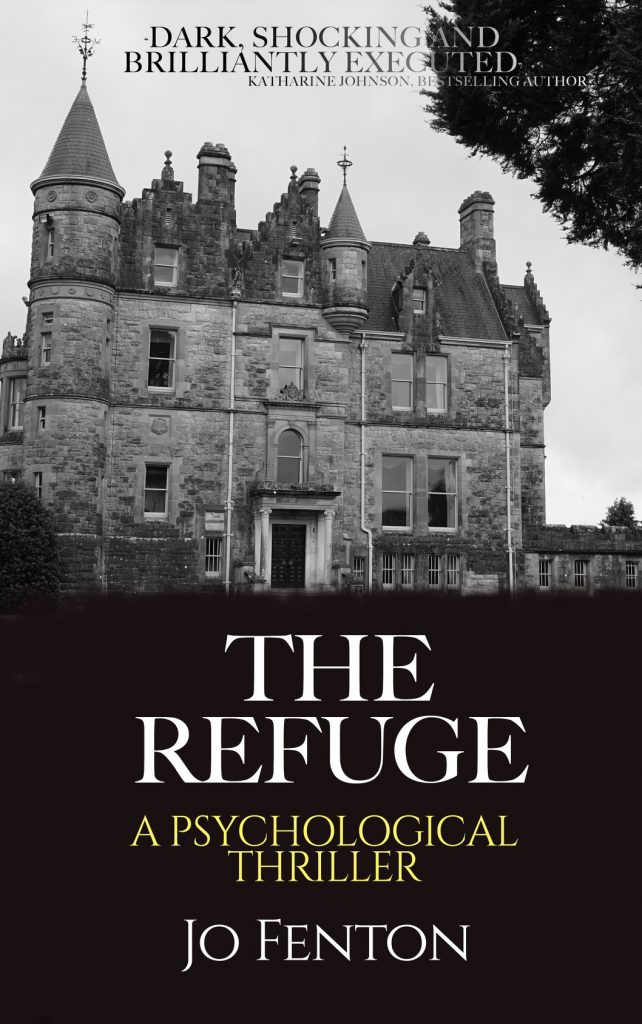
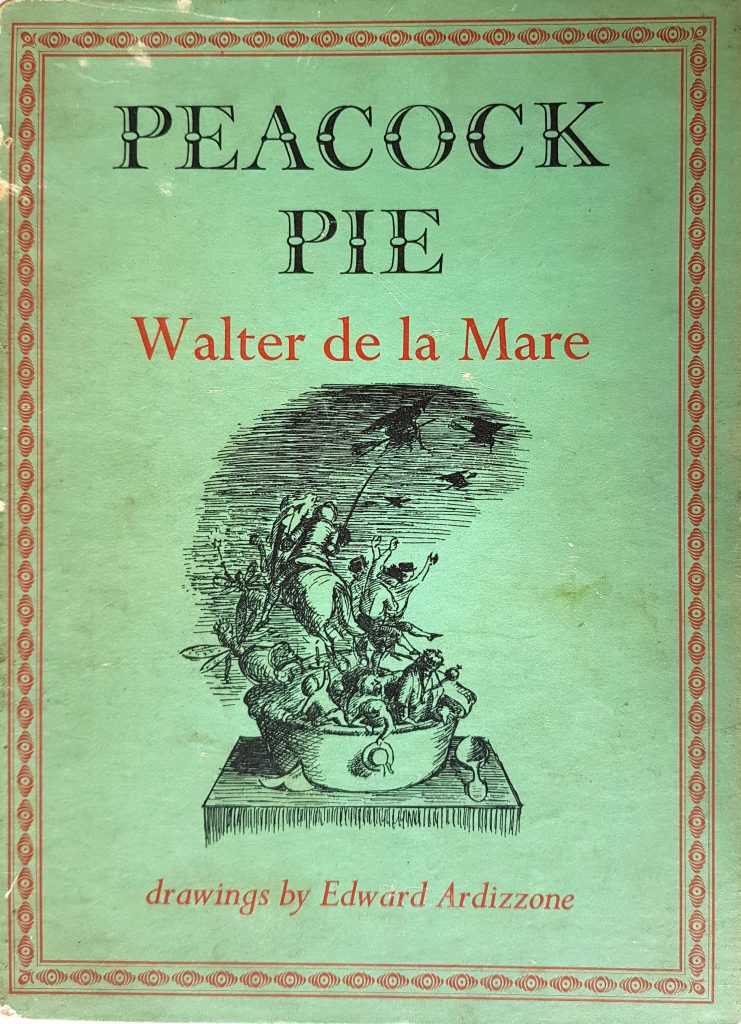
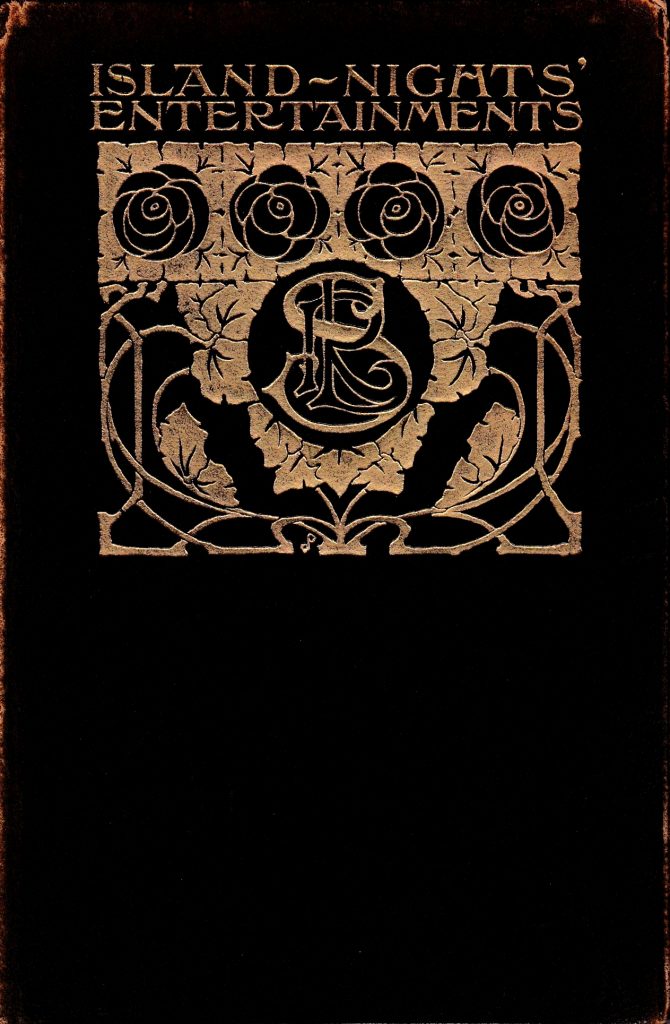
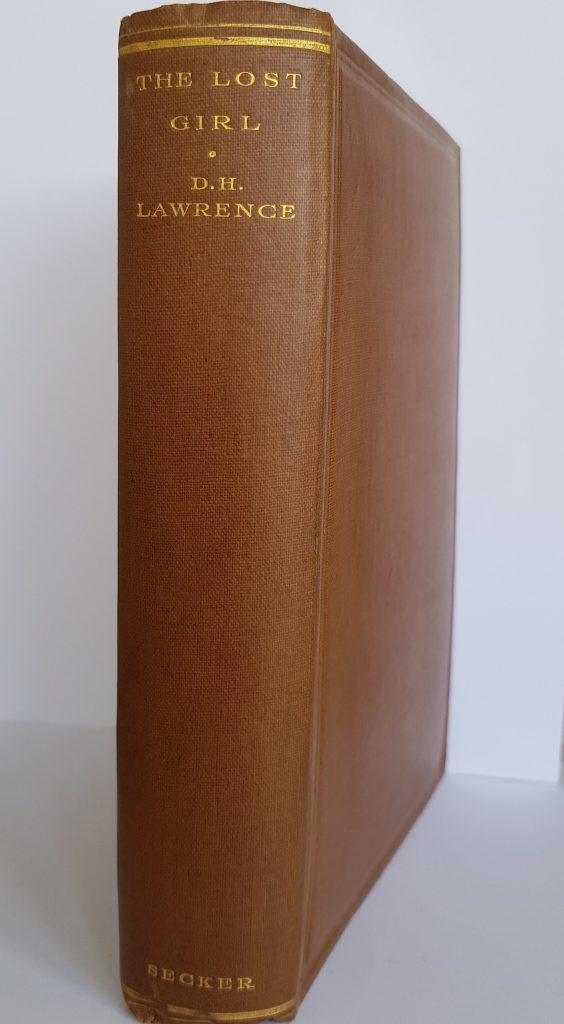
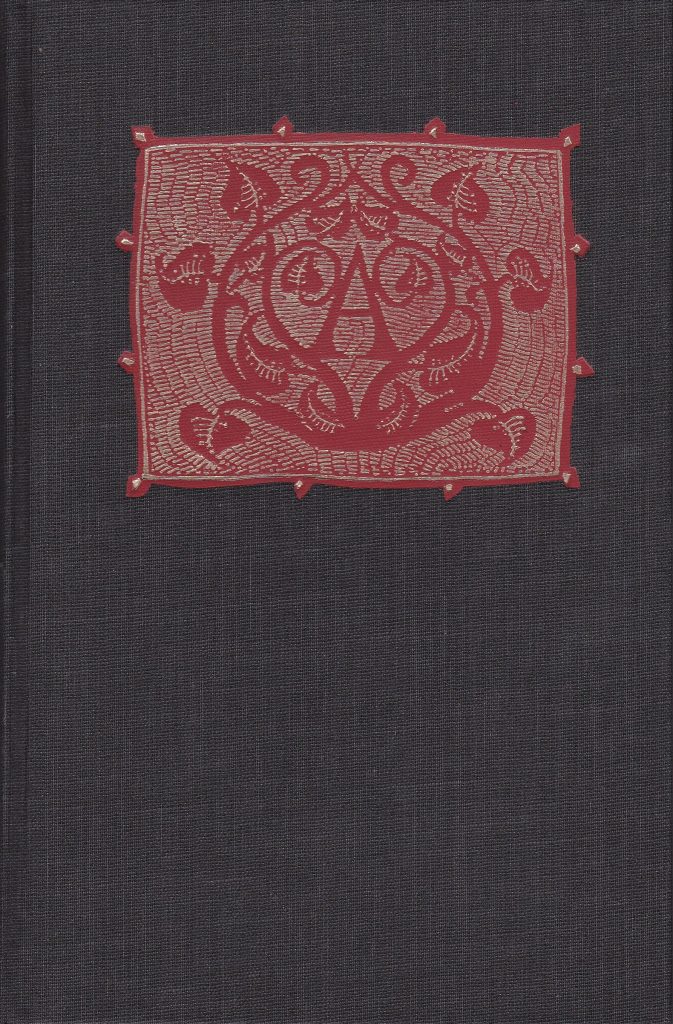
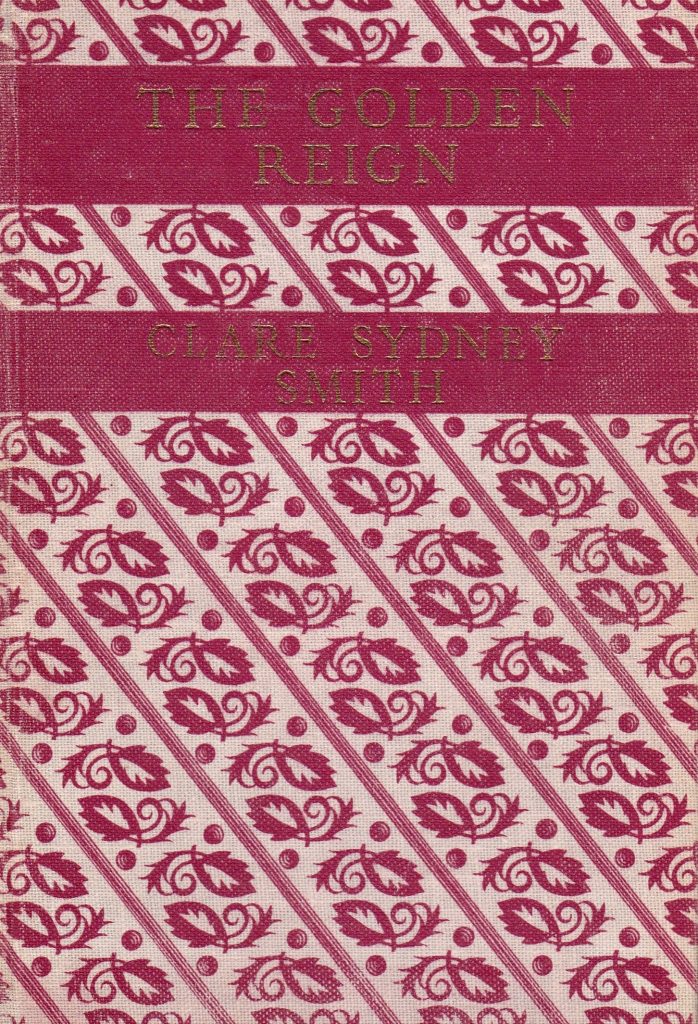
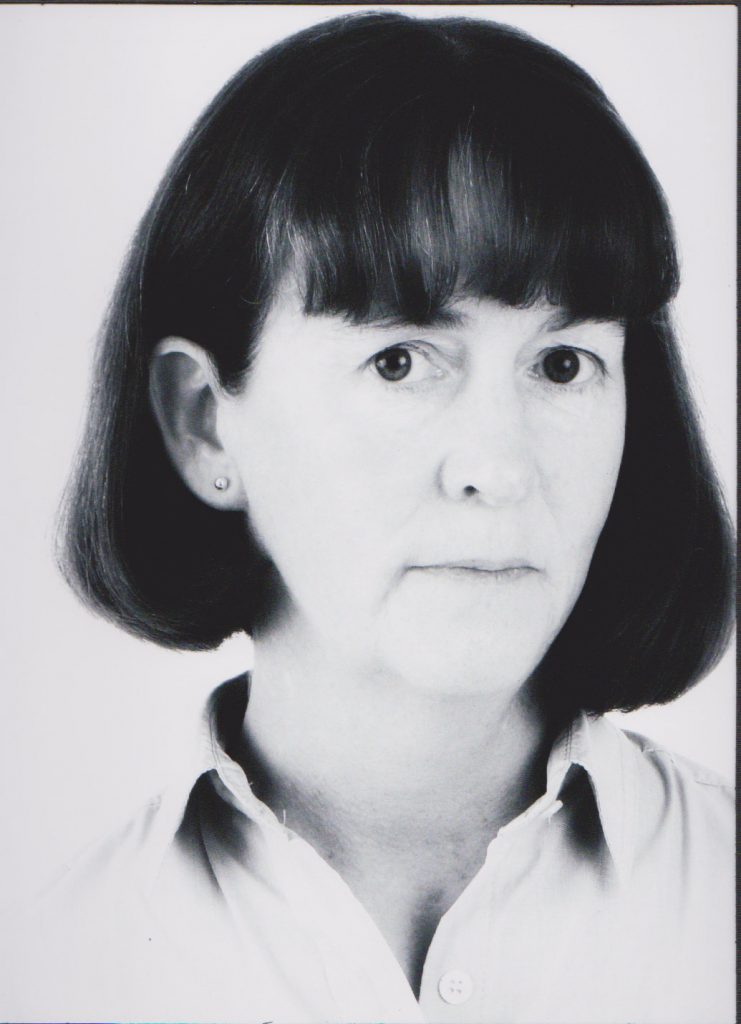
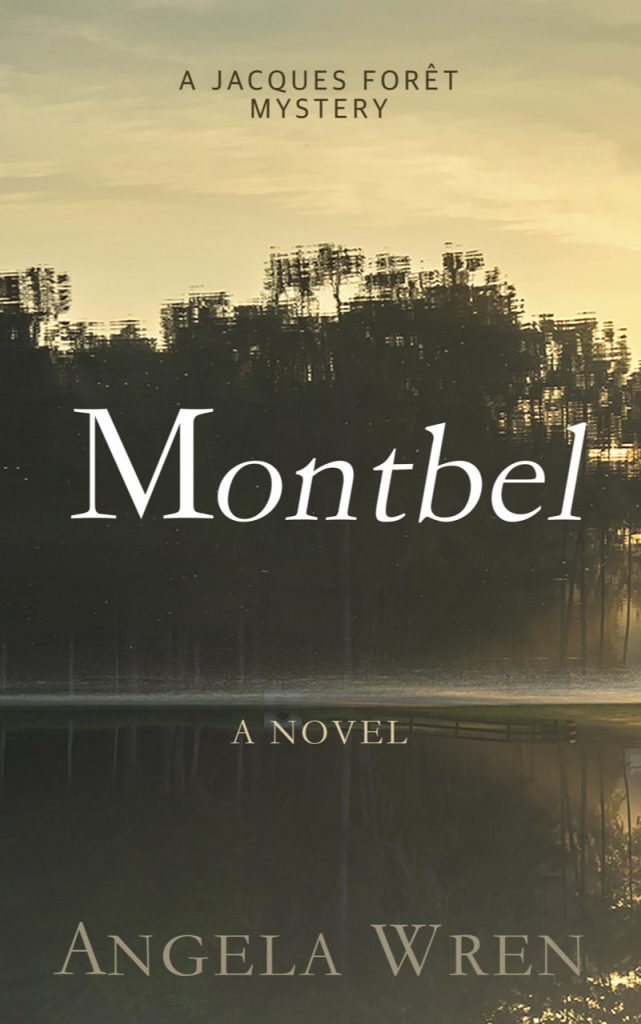
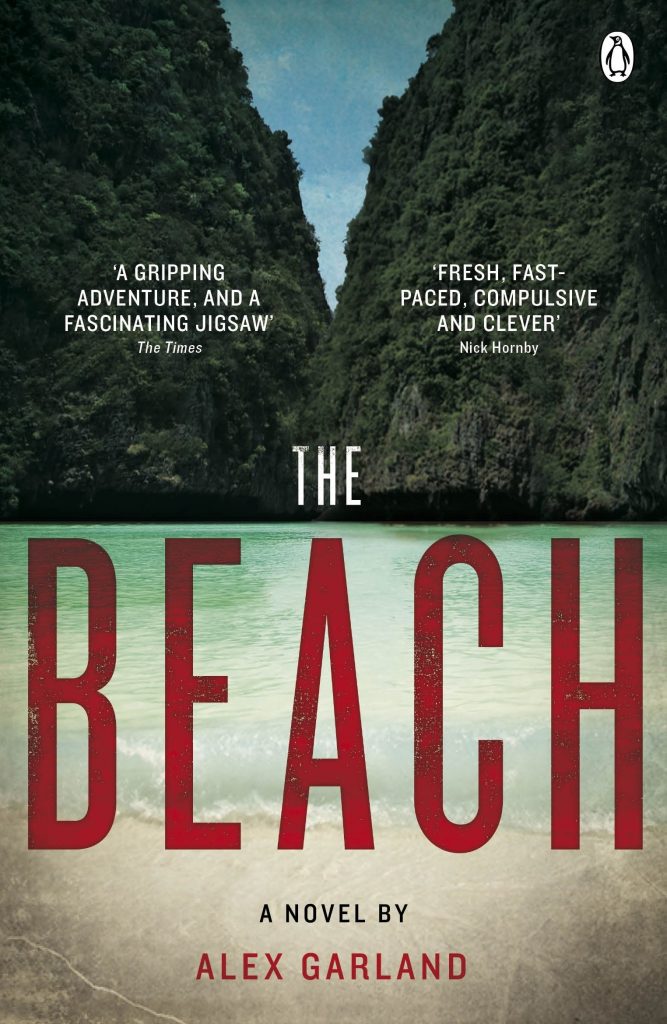
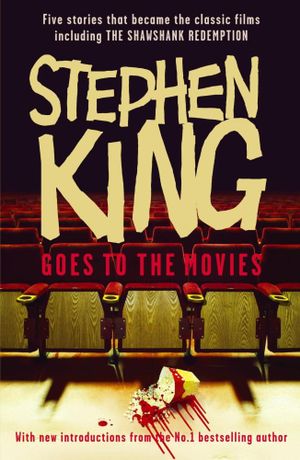
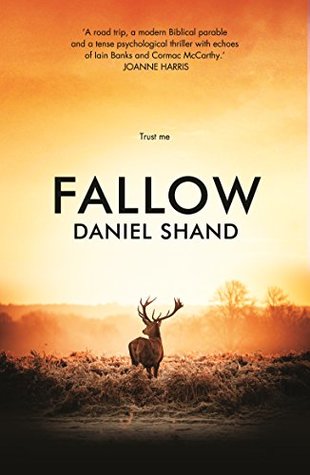
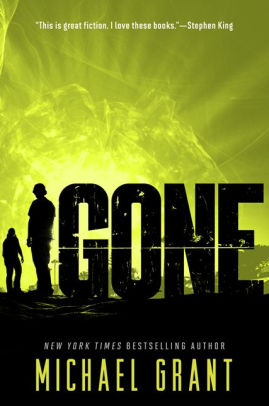
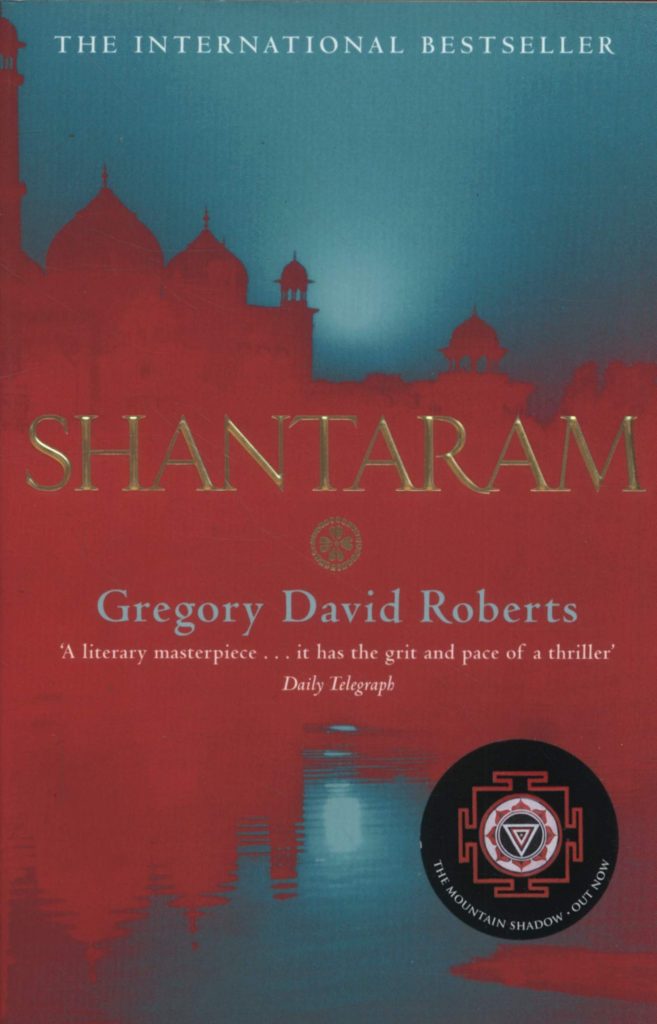
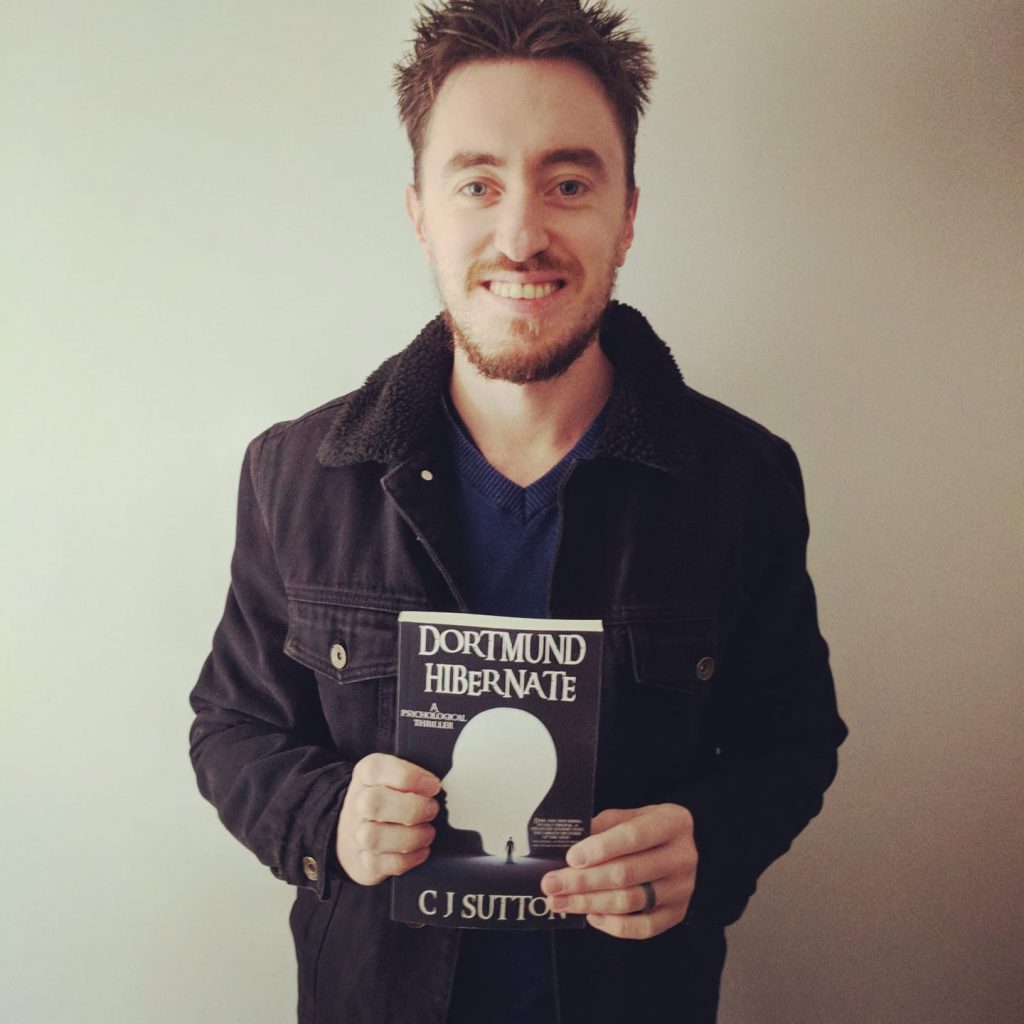
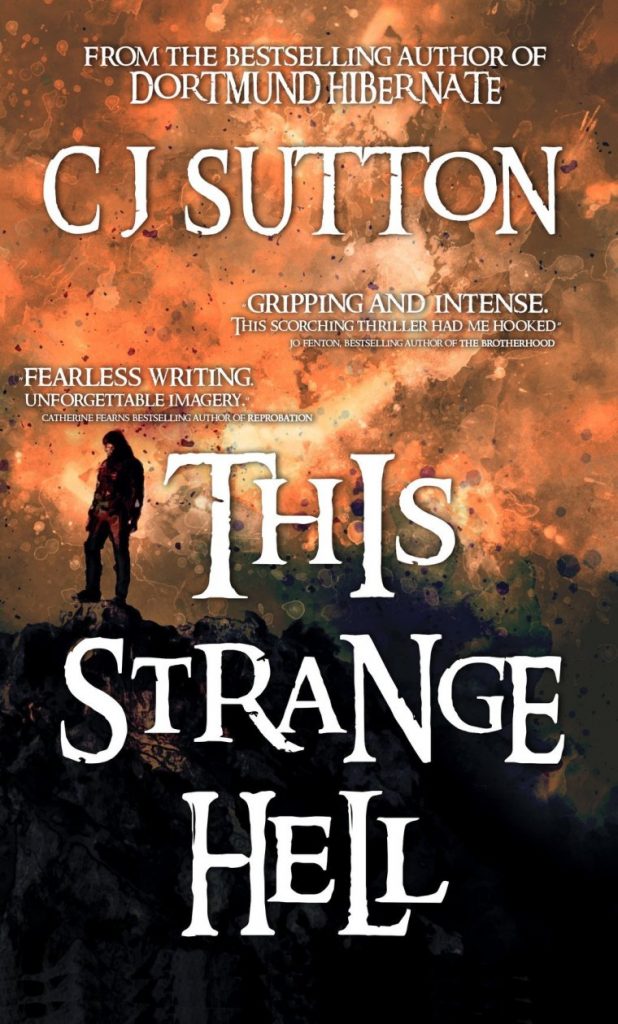
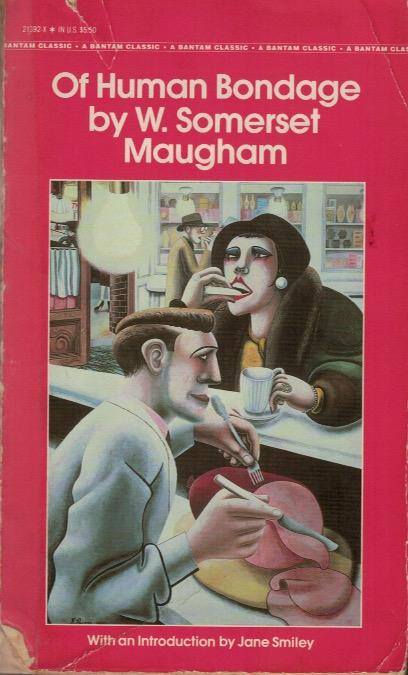
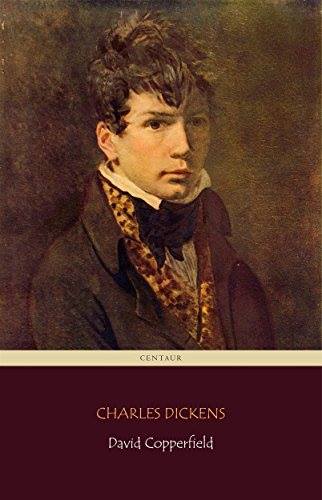
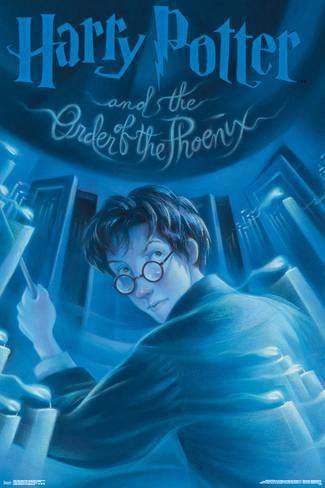
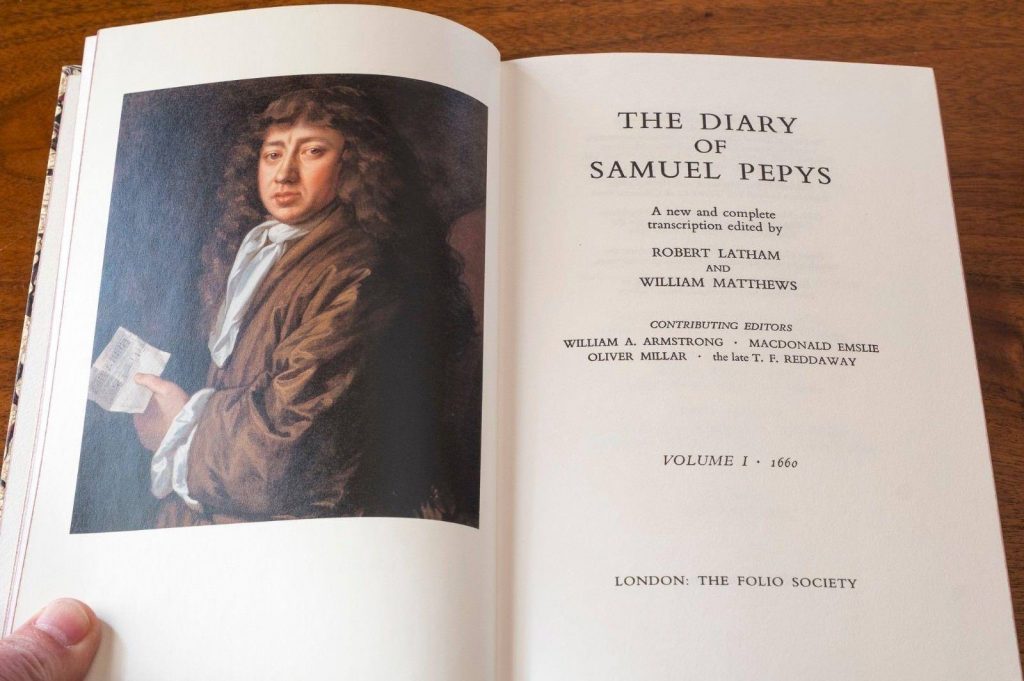
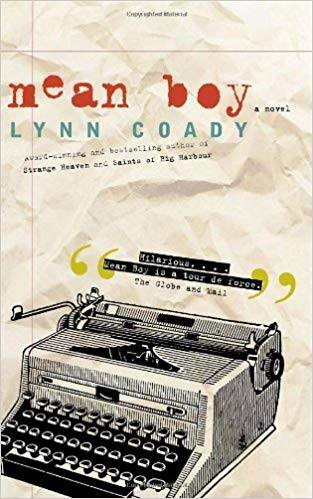
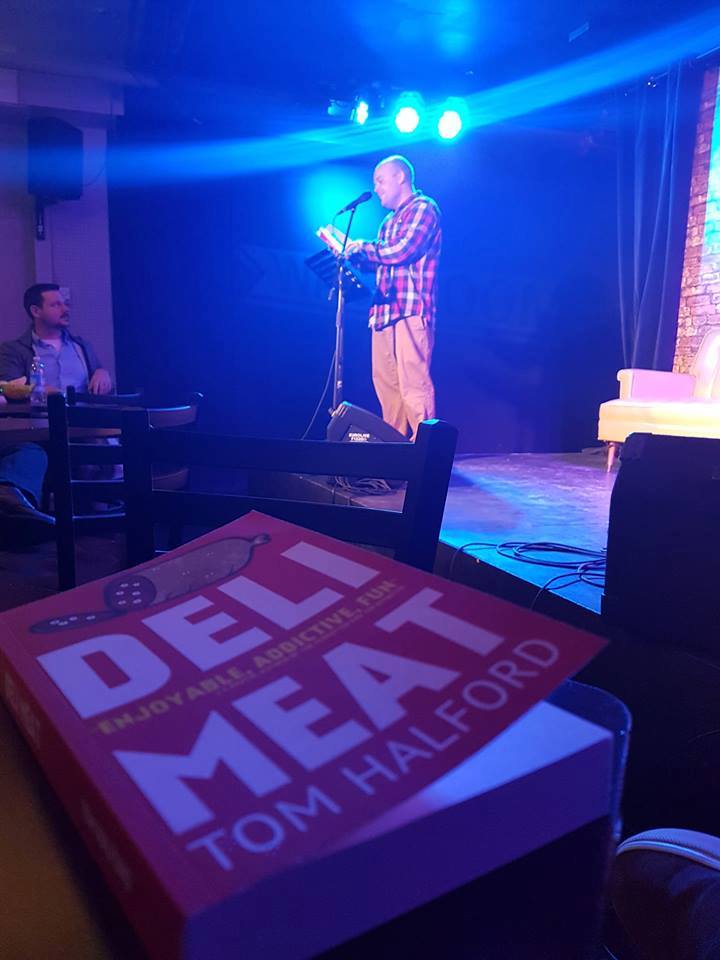
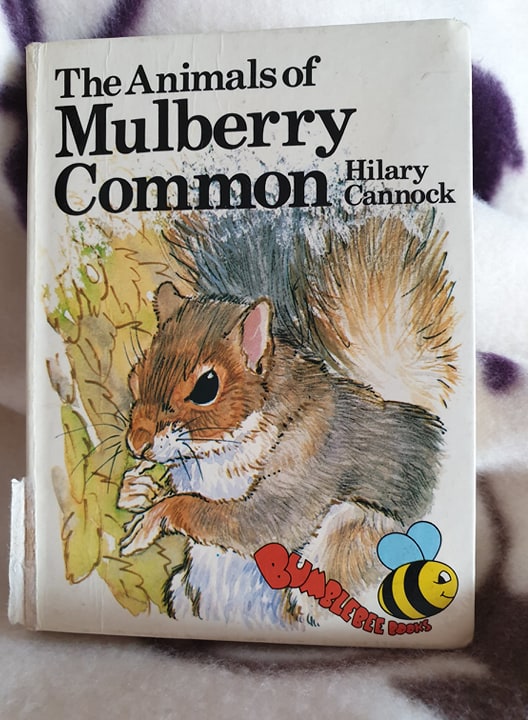
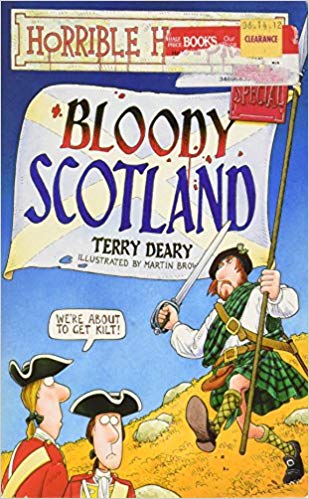
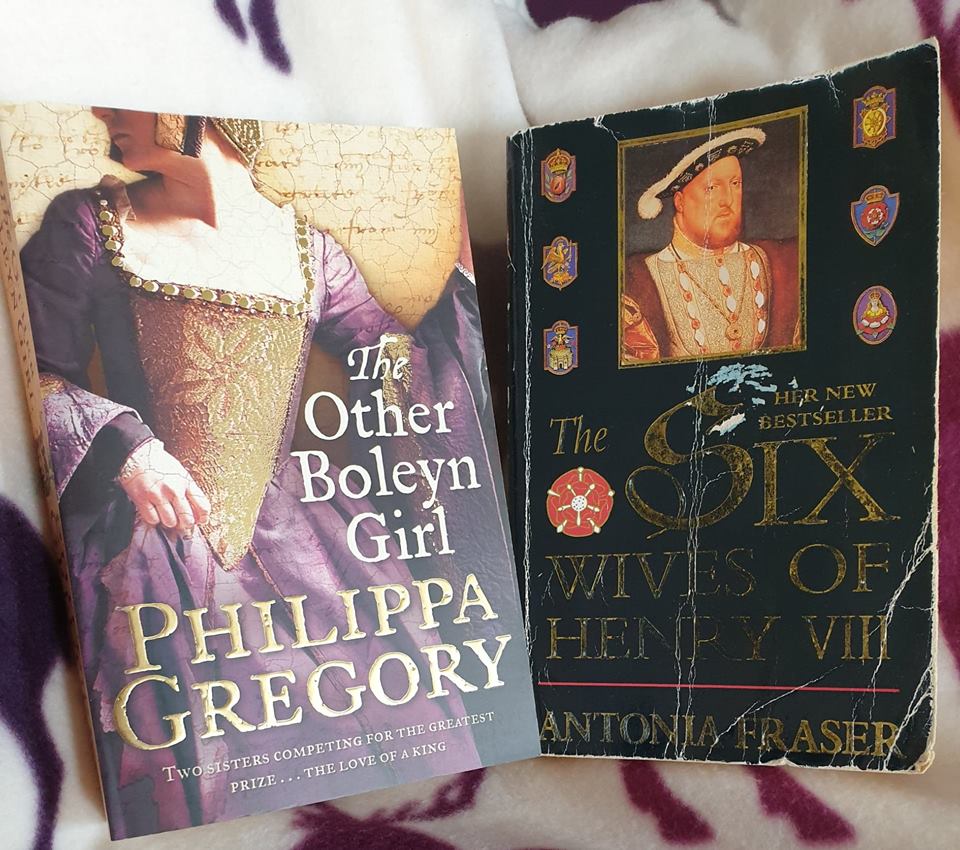
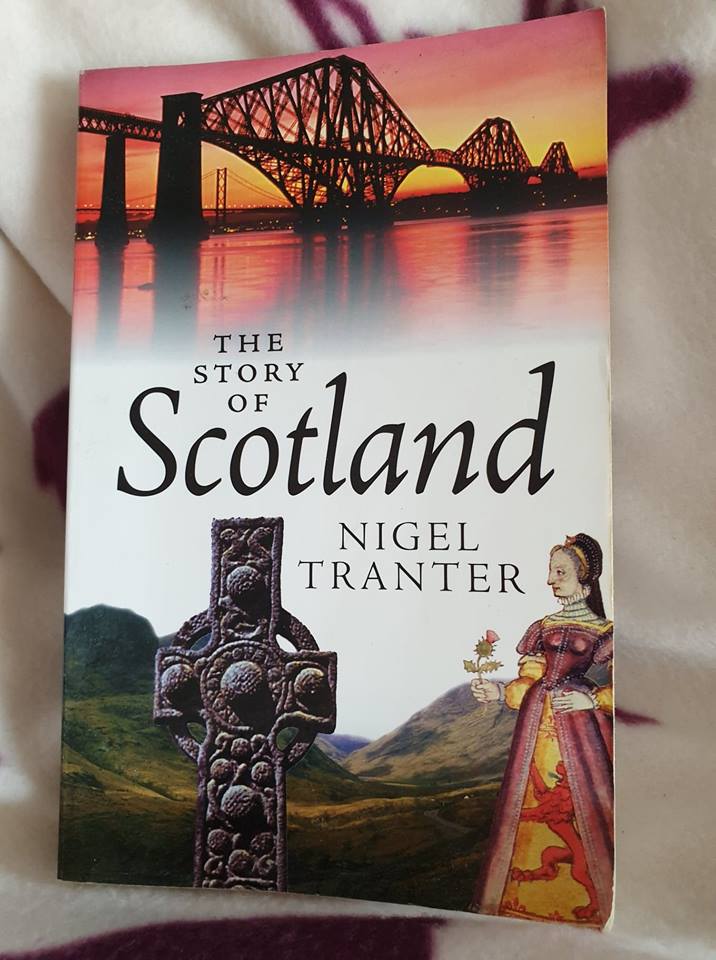

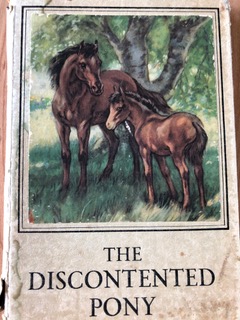
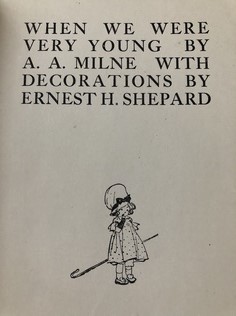
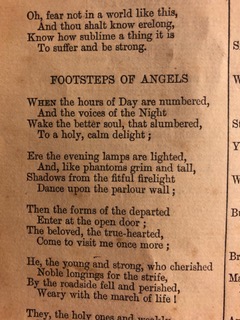
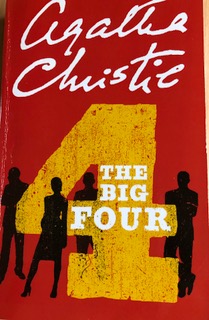
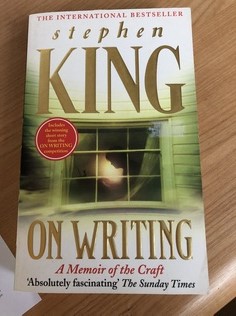
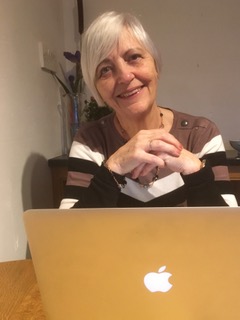
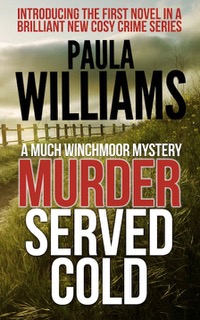
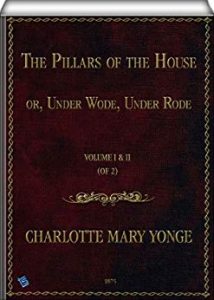 Pillars of the House – Charlotte M Yonge
Pillars of the House – Charlotte M Yonge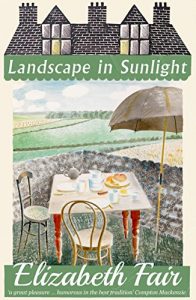 Landscape in Sunlight – Elizabeth Fair
Landscape in Sunlight – Elizabeth Fair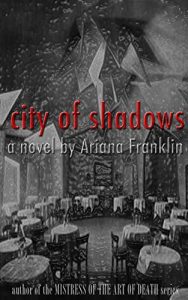 City of Shadows – Ariana Franklin
City of Shadows – Ariana Franklin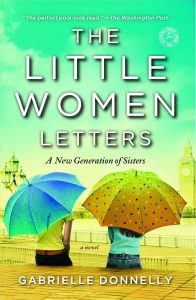 The Little Women Letters – Gabrielle Donnelly
The Little Women Letters – Gabrielle Donnelly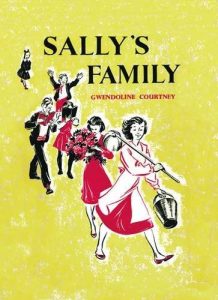 Sally’s Family – Gwendoline Courtney
Sally’s Family – Gwendoline Courtney